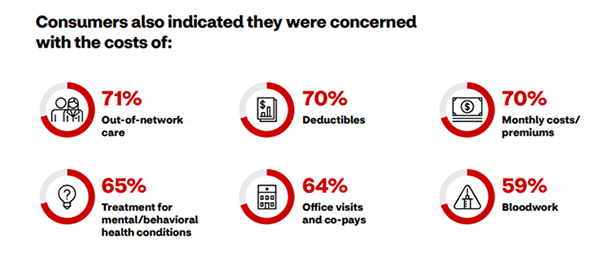
For the third year, CVS Health has released findings from a survey concerning the current state of healthcare and patient/provider experiences navigating the healthcare landscape. The Path to Better Health Study was conducted in March 2020, just as the COVID-19 pandemic hit the United States. The 2020 results show a growing interest in telemedicine among both patients and providers.
1,000 adult consumers and 400 physicians, nurse practitioners, and other healthcare providers participated in the survey. In addition to digital health, topics included whole-body health care, accessibility, affordability, and public health. Both patients and providers believe telemedicine can improve healthcare. Providers who find telehealth services valuable for communicating with patients increased to 40%, an increase of 18% since the 2019 study.
Thirty-two percent of patients said they were more likely to communicate with a healthcare professional if they had access to telehealth services, up 13%. Patient interest in virtual appointments using a video conferencing platform rose by nine points to 29%. The likelihood of using digital messaging to communicate increased to 48%, up 4% since last year.
Nearly all patients (93%) consider care for mental health a priority, and 40% said they would likely use a virtual platform to receive behavioral or mental health care. Providers also have concerns about mental health; 35% said all or most of their patients already face significant mental health challenges.
Interest in using digital health tools to achieve personal health goals was high, especially in younger adults. Sixty-six percent of participants age 18-34 said they were willing to use digital health tools. But many senior consumers also appreciate technology; 34% of participants age 65 or older reported interest in digital health options.
The study highlights consumer desire for convenience, affordability, and simplicity while underscoring the reality of provider burnout and the need for coordinated care models. Meanwhile, the challenges of the COVID-19 crisis will ultimately accelerate change modern health care. Health tech innovation remains a critical component as paradigms continue to shift in the wake of the global pandemic.

